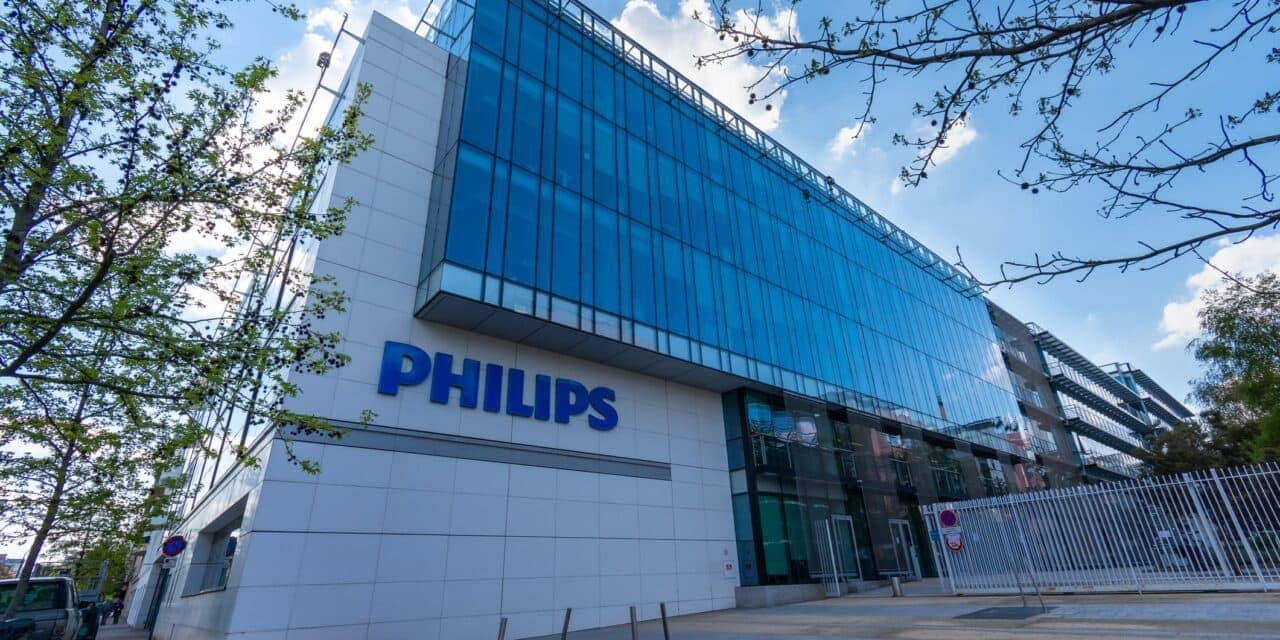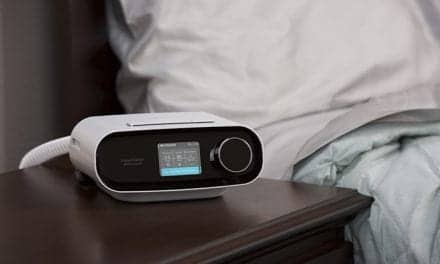At Philips Respironics, which continues its repair and replacement program for recalled sleep therapy devices, management responsibility and oversight have been strengthened with organizational changes implemented in Philips Respironics and the Quality & Regulatory function, according to the company’s first quarter 2022 release. Staffing and expertise related to post-market surveillance, medical affairs, toxicology and biocompatibility have also been increased. The program is led by Roy Jakobs, chief business leader of the Connected Care businesses and member of Philips’ executive committee, who is charged with ensuring the Respironics field action is executed with speed and accuracy.
“We are committed to supporting the community of patients who rely on our sleep and respiratory care solutions for their health and quality of life, and the physicians and customers who are dedicated to meeting patient needs. We are replacing or repairing the devices related to the Respironics field action as fast as possible and are continuing to update patients and customers about the progress of the program. We have a strong program management in place overseeing every aspect of the remediation, which involves more than 1,000 of our colleagues,” says Frans van Houten, CEO of Royal Philips, in a release.
Philips Respironics has more than tripled its weekly production output compared to 2020, despite the ongoing global supply chain challenges. To date, Philips Respironics has produced more than 2.2 million repair kits and replacement devices.
Following another wave of Philips Respironics’ patient and customer communication outreach and based on current insights, the total expected units to be remediated have increased by approximately 300,000, primarily in the United States. Philips Respironics recorded a EUR 65 million increase in the field action provision in the quarter to cater for the higher expected volume of devices eligible for remediation and higher communication costs. Additionally, a further EUR 100 million provision was recorded for potential higher cost of execution and to ensure the speed of the program in a volatile environment.
Philips Respironics expects to complete over 90% of the production and shipments to customers in 2022.
Philips Respironics continues to make progress with the test and research program to better characterize the possible health risks associated with the sound abatement foam in the affected devices. Comprehensive testing and analyses related to the affected CPAP and BiPAP devices are expected to be completed in the second quarter of 2022.




